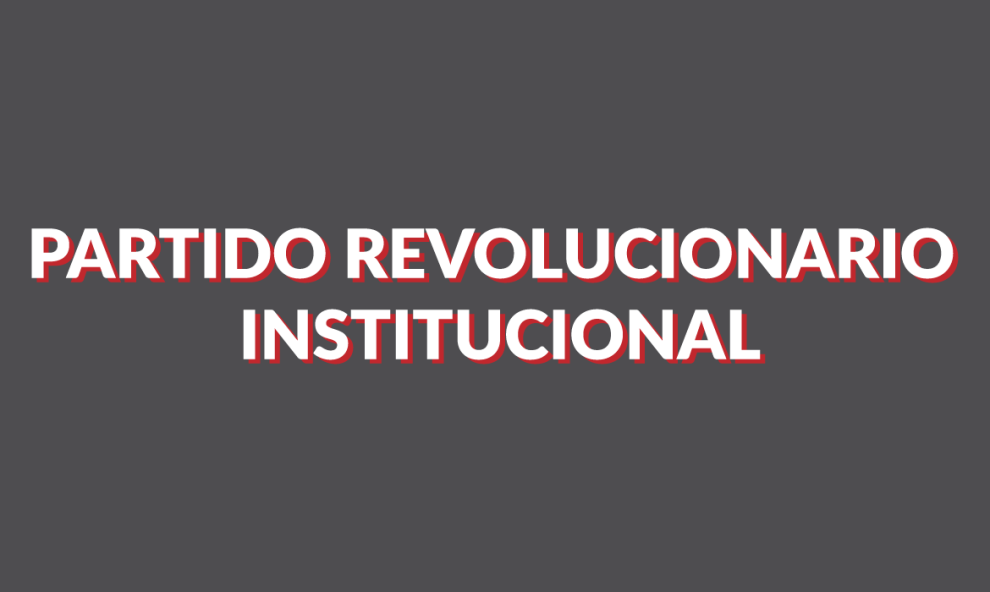Would it be possible for a solution that appears to be perfect in concept to be nothing more than a false start, a chimera? Einstein affirmed that “we can’t solve problems by using the same kind of thinking we used when we created them”. It seems to me that in discussions on how to confront the narco and organized crime we have fallen into a terrain of solutions that appear perfect, except that they ignore the context within which the problems exist.
Legalizing drugs resolves all of the problems and does so in elegant fashion. With a legislative act, all violence vanishes, a business is legalized that today is illegal and, if we’re lucky, even tax collection grows. Above everything else, the notion of legalizing allows us to imagine a more peaceful world, less violent and kinder. It would be impossible to beat such an array of virtues.
The problem, as Einstein would have said, is that legalization constitutes a linear way of thinking about the problem: it ignores the concrete reality in which the phenomenon takes place. More than anything, it pays no heed to the conditions that would be necessary for legalization to function.
I detect two central problems with the notion of legalizing: the first refers to the nature of the drug market; the second, to our objective reality. With respect to the former, the relevant market is not the Mexican, but rather the U.S. one. In order for legalization to entertain the possibility of furnishing the desired effect, it would be the Americans who would have to legalize, because that’s the market that counts both by size and by the regional dynamics that it creates. Even so, it’s not obvious whether legalization as debated today would have the possibility of rendering the expected result, because the majority of those who champion legalizing drugs limit themselves to marijuana, that is, they don’t include other drugs such as cocaine and methamphetamines, which comprise the gross chunk of the business as it relates with Mexico.
The other issue is the truly relevant one: our problem is not one of drugs but of lack of State. Before the violence mushroomed to its current levels, the main problem was not the narco but rather organized crime (ranging from abduction to car theft and product piracy). The government, at all levels, has been incapable of containing it or forcing it into submission. The narco did nothing other than complicate it and make the challenge much greater. Our problem is one of police and judicial incapability. The State was brought to its knees by the problem of public security.
Mexico never had a professional police and judicial system. What it did have, throughout the greater part of the XX Century, was an authoritarian political system that controlled everything, including criminality. Instead of building a modern country, the PRI system constructed an authoritarian system that was equal to the challenges of its time and conferred upon the country the stability necessary for achieving economic growth and the consolidation of an incipient middle class. These were not lesser achievements when we compare the Mexico of the forties and fifties with other nations, but neither did they constitute the formation of a modern country.
Some will remember The Supermachos, a comic strip that faithfully reflected this era. The police chief and the municipal president were plainspoken, guileless characters who resolved problems based on what life had doled out to them. No one could accuse them of lacking in creativity, but their skill derived from experience, not from the existence of a professional apparatus. It was a coarse and primitive world. Thus, exactly thus, was the police and the judicial power. Not much has actually changed…
While problems were local and smaller, the state apparatus, in the broadest sense, was adequate and sufficient for dealing with them. Like The Supermachos, it wasn’t that there was a modern and sufficiently developed capacity, but rather that it was enough to keep peace in the country. It wasn’t a modern state, just one that functioned for what was minimally required.
The gradual erosion of the system of political control and the eventual defeat of the PRI in the presidency put an end to the management of crime and, in a fatal coincidence, placed Mexico directly face to face with a assemblage of perils –organized crime- for which the country never prepared itself and, it must be said, is not even now beginning to prepare. This isn’t about guilt but about confronting the reality.
The growth of organized crime and the narco occurred under diverse circumstances, but these were fundamentally foreign to the internal dynamic of the country. Organized crime arrived to “take care of” a repressed demand for goods in great measure by the emerging middle classes who were laying claim to satisfiers like those consumed by the most well-to-do but without their purchasing capacity. Organized crime, transnational-scale, satisfied this demand at first with stolen cars and auto parts and then with products such as DVDs, CDs, etc., principally originating in China.
The growth of the narco responded to a good extent to changes taking place in other latitudes: the structure of the U.S. market; the success of the Colombian government in regaining control of its country; and closing achieved by the Americans of the Caribbean drug-trafficking routes. These three factors concentrated the narco in Mexico, consolidated the Mexican mafias in the business, and became a factor of brutal transcendence in the national territory. And in addition to this, there was the hardening of U.S. southern border after 9/11, with which, suddenly, the phenomenon acquired ever more territorial and less strictly logistical characteristics.
The underlying point is that the government did not possess the tools or the capacities to respond to these challenges. All of a sudden, at the beginning of the nineties, the country began to experience deep changes in its security structure that sealed its fate. First, a primitive and incompetent security system, totally politicized; second, the erosion of the traditional controls; and, the plate filled to overflowing, the expeditious growth of criminal organizations with economic might, armament, and the disposition to engage these at any price.
Legalizing (or “regulating”) would be a conceivable response in a country that possesses police and judicial structures that are strong and capable of establishing rules and making them stick. That’s what Mexico needs and this should be the issue that the government addresses with heart and soul. Until that happens, the idea of legalizing drugs will be nothing more than a water-cooler topic with no hint of reality. The problem in Mexico is the absence of State capability: the insecurity and the violence are the consequence of this lack, not their cause.
False Solutions






Comments